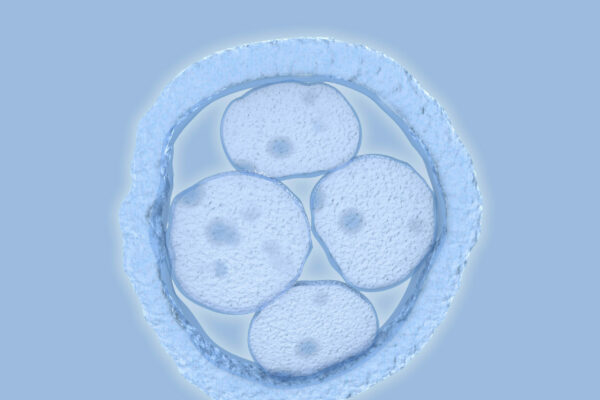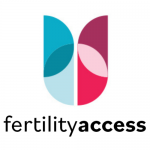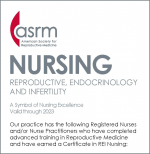Planning for pregnancy means more than simply setting up your gift registry. The decision to have a child is life changing, and preconception planning is important to a successful pregnancy and delivery.
See your doctor
It’s important to make sure you discuss with your doctor your health history and any medical conditions you currently have or have had in the past, as this can sometimes affect your pregnancy and chances of conception. It’s important to discuss any previous issues with pregnancy, such as miscarriage or ectopic pregnancies. Be sure to address current medications, important vaccinations and lifestyle choices that could affect your pregnancy.
Proper nutrition and folic acid
Be sure to consume a healthy, balanced diet packed with nutrient-dense foods like whole grains, fruits, vegetables and lean meats. A healthy diet will also help you to maintain a healthy weight, which can also play a role in conception. Take a folic acid supplement if you are planning to get pregnant soon. This can help to prevent major birth defects of the baby’s brain and spine. In addition, avoid alcohol and quit smoking immediately.
Learn your family history
It’s important to know about your family’s health history, as some conditions can be hereditary and impact your chances of conception. Though not required, genetic counseling can help you understand what conditions you and your potential child may be at risk for.
Mental health
The decision to have a child can be scary, even for couples who have always pictured children in their future. Having a child affects almost all facets of your life, and you must be mentally prepared for this change. In addition, if you have any mental health conditions such as anxiety, depression or bipolar disorder, speak with your physician about how it may affect you and your pregnancy.
To talk to a reproductive specialist about preconception, call the Center for Reproductive Medicine today at (612) 863-6137.





